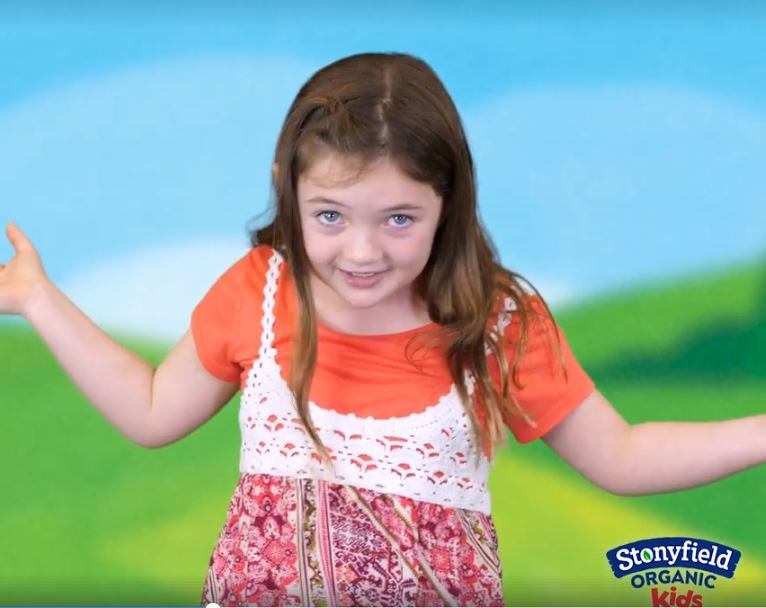In the video, Stonyfield touts its non-GMO credentials with the tagline “Avoid GMOs, Eat Organic!” and features a series of children attempting to

describe genetically engineered food using the example of fish genes being injected into a tomato – an experimental technology used 20 years ago that was never commercialized, according to CSPI.
CSPI is a nonprofit organization dealing with food and nutrition issues advocating on behalf of consumers including education on genetically engineered foods (GE) and ingredients.
“How shameful and exploitative for Stonyfield to use children to spread unsophisticated, anti-science fearmongering messages in this YouTube video,” Gregory Jaffe, director of the project on biotechnology for CSPI, said in a statement on the organization’s website.
User comments on the YouTube video have expressed similar criticism of the video where young girls describe the GMOs as “monstrous,” to which Stonyfield’s president, Gary Hirshberg, told Forbes those commenters are likely “trolls” using “fake names.”
DairyReporter has reached out to Stonyfield for comment but has not yet received a response.
“Consumers can choose to purchase different kinds of products… and that’s a good thing, but we shouldn’t promote one product [and] disparage another product with untruthful information about that product,” Jaffe told DairyReporter.
“I think there is a lot of misinformation out there about genetically engineered foods and ingredients and there are a lot of consumers out there that don’t know a lot about them,” Jaffe said.
Similar to Stonyfield, Dean Foods’ TruMoo milk brand produced a video featuring kids also trying to understand GMOs and Arla Foods put out a television advertisement portraying the growth hormone rBST as a multi-eyed monster with fangs last year.
“Many of these marketing campaigns try to suggest to consumers that somehow their product is better and safer for not having ingredients that came from those crops and that’s particularly disingenuous.”
Is it about consumer choice?
Other dairy companies like Dannon have not explicitly promoted non-GMO products as “better,” but have said they are meeting current consumer demands by selling products made without GE ingredients, such as sourcing milk from cows fed non-GM feed.
Non-GMO Project Verified food and beverage labeling accounts for $22.3bn in annual sales, with more than 43,000 verified products among 3,000 brands, and is the fastest growing label in the natural food category, according to the Non-GMO Project.
“I’m not convinced that consumers don’t have trust in our food supply, nor am I convinced that there are lots of consumers out there that want to avoid genetically engineered foods and ingredients,” Jaffe said.
CSPI supports the recently passed federal law for mandatory disclosure of GMOs, and believes there should be a national standard for non-GMO labeling enforced by the USDA and not a consensus-based standard such as the Non-GMO Project Verified seal seen on many labels.
“You have private certifiers that have come up with their own definition of non-GMO and you have companies who have come up with their own definition of non-GMO,” Jaffe said.
“We’re in favor of making sure that any information on a food product is accurate, neutral, and not misleading. If we had a national standard that would clarify some of these things.”
